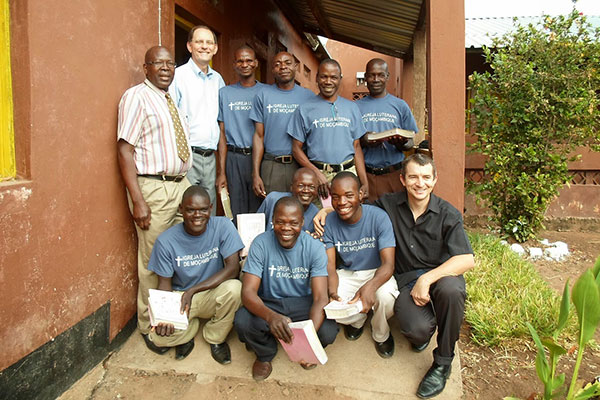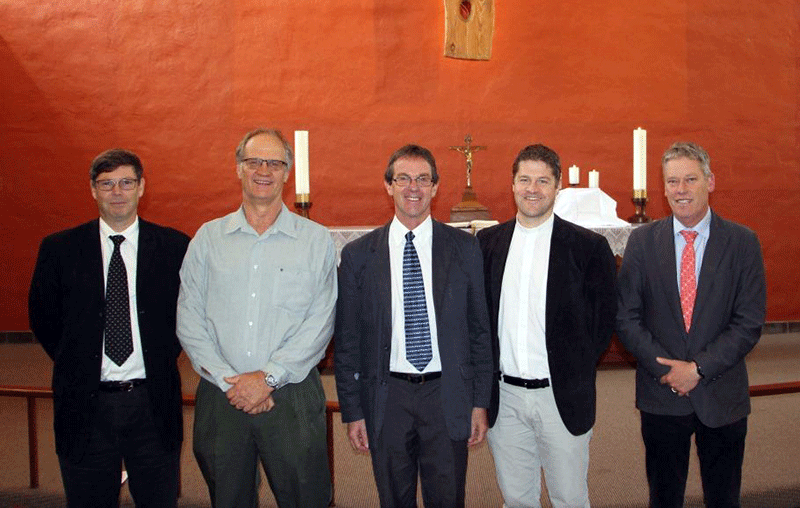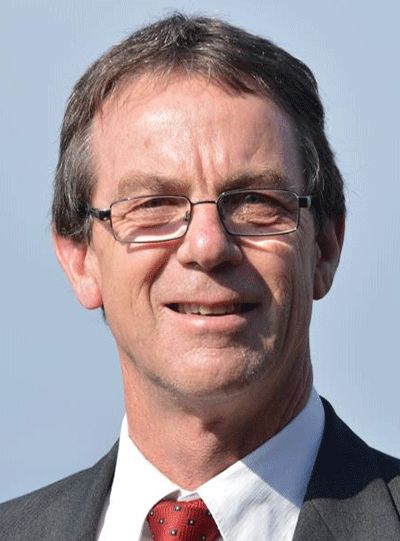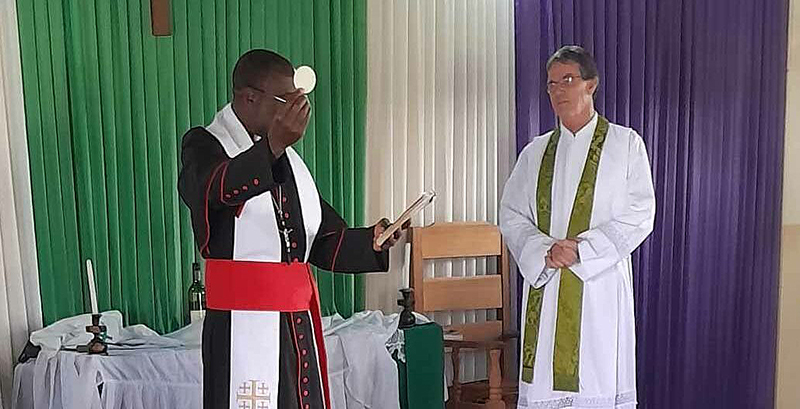
MALAWI – The Free Evangelical Lutheran Synod in South Africa (FELSISA) has entered into fellowship with the Confessional Lutheran Church – Malawi Synod (CLCMS).
The official ratification of fellowship came during a vote at the CLCMS’ first synodical convention, held August 1-5, 2024 in Mzuzu, Malawi. The FELSISA had previously voted during its 2023 synodical convention to also declare fellowship with the church in Malawi. The votes in both church bodies passed unanimously.
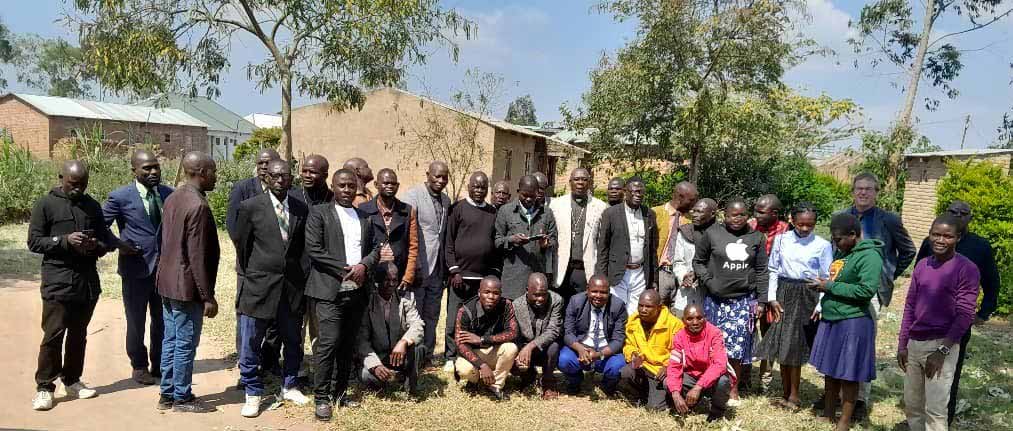
This was the culmination of a process that began in 2019, when FELSISA’s synodical council first decided to hold talks with the CLCMS. The pandemic put those plans on hold, but they recommenced when FELSISA Bishop Dieter Reinstorf was invited to Malawi to teach theology in 2022.
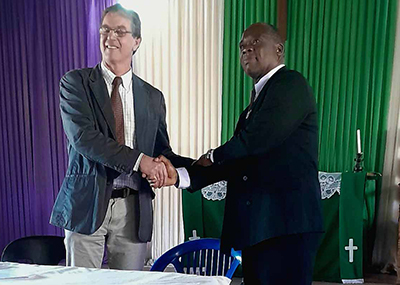
Rev. Dr. Reinstorf retired as bishop of FELSISA in 2023, but he was invited to attend the CLCMS’ first synodical convention as a representative of the South African church. “It was an honour to attend the convention of this rather young but vibrant church,” he said. “Having learned so much on my trip to Malawi, I praise God and pray that the partnership between the CLCMS and the FELSISA will blossom, leading to renewed trust in our faithful God.”
The FELSISA is a member, and the CLCMS an observer member, of the International Lutheran Council (ILC), a global association of Lutheran church bodies and groups, dedicated to proclaiming the Gospel of Jesus Christ on the basis of a shared commitment to the authority of Scripture and the Lutheran Confessions.
———————

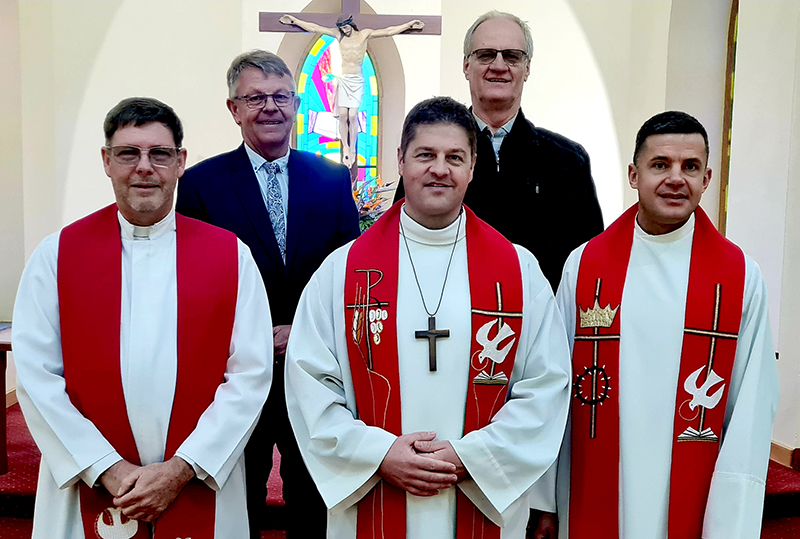
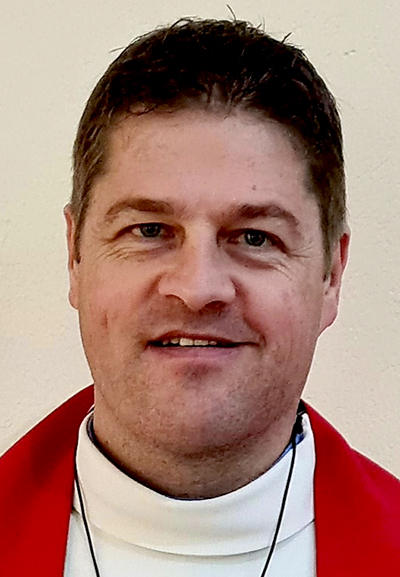
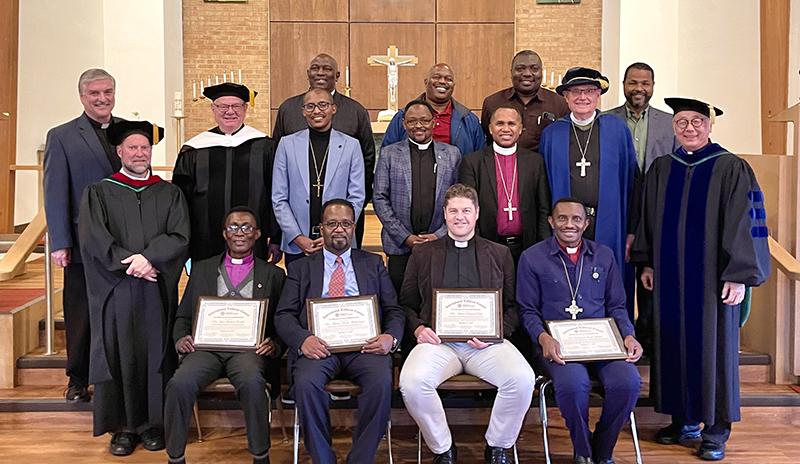
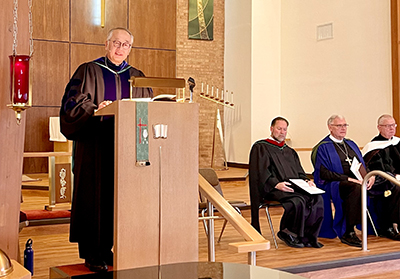
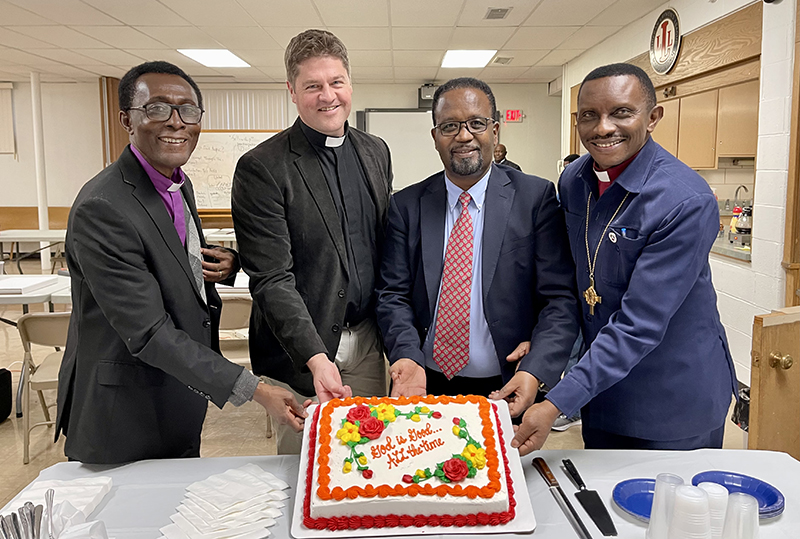
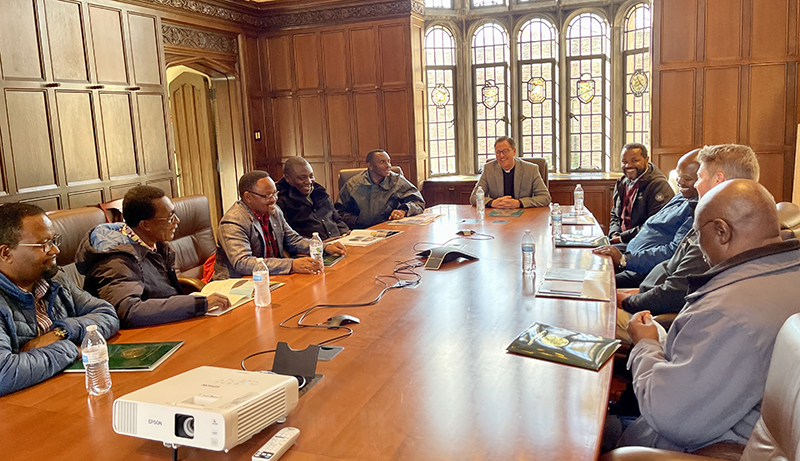
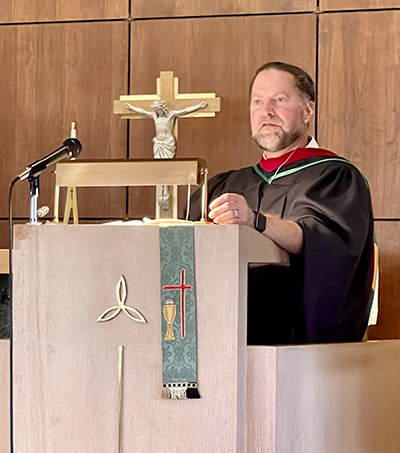
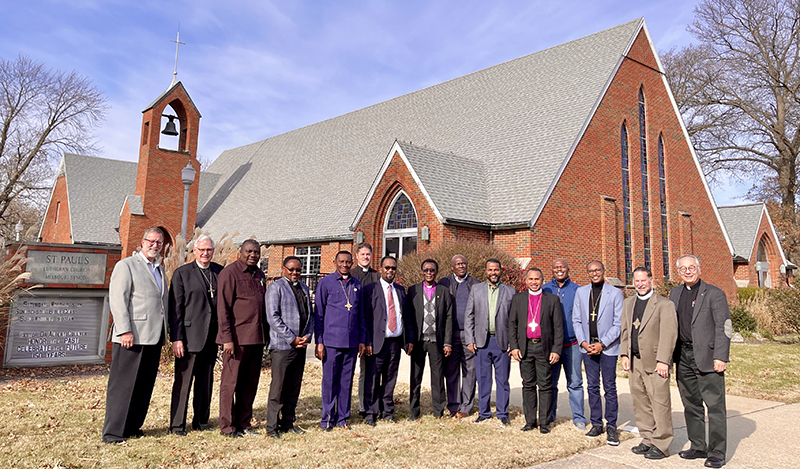
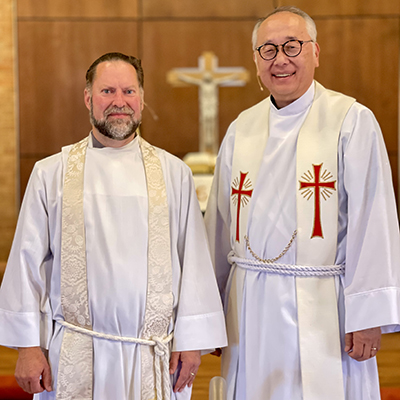
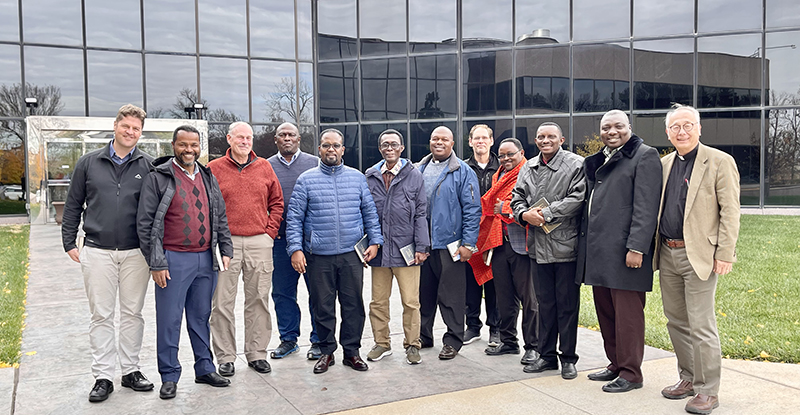
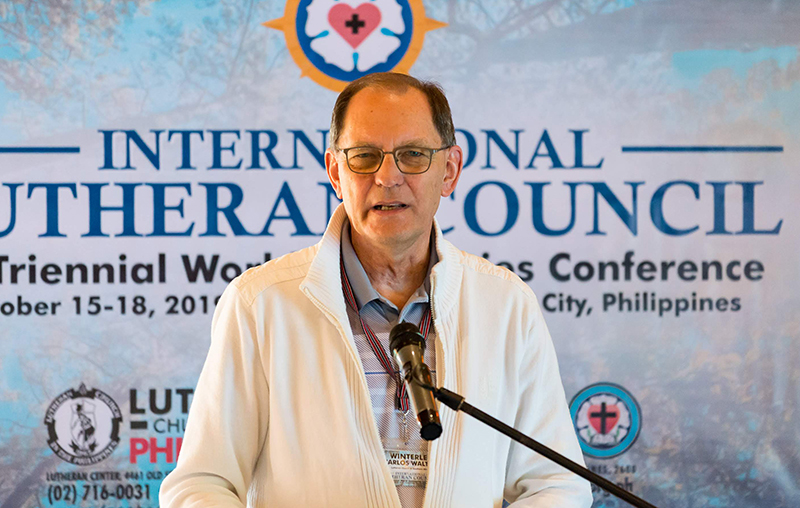
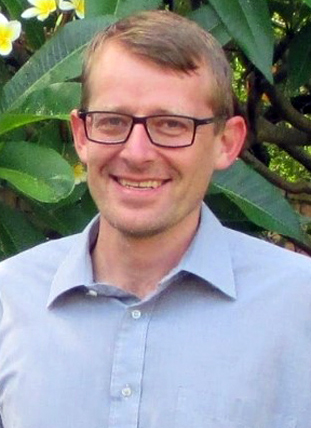
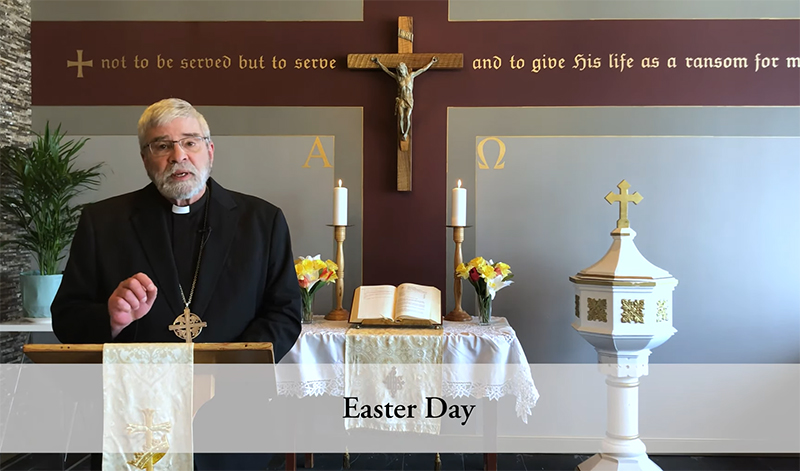
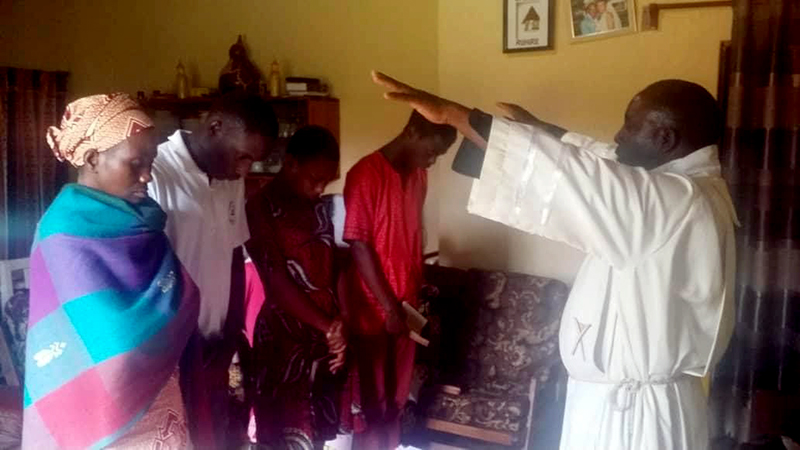
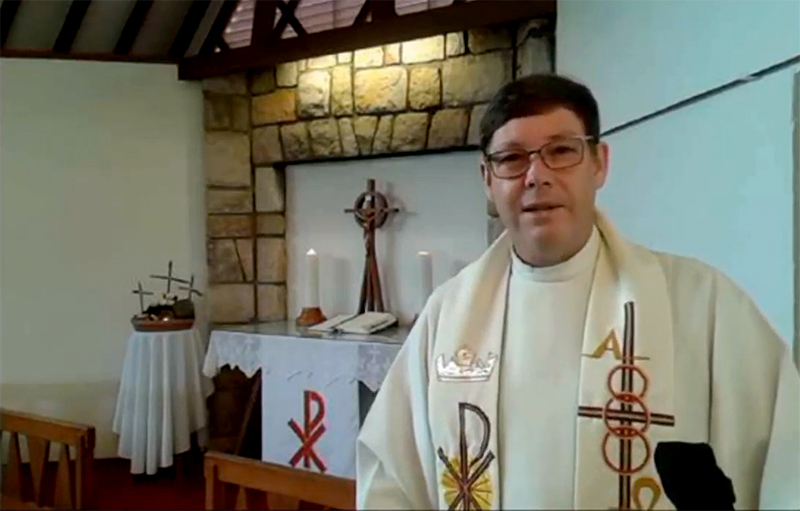
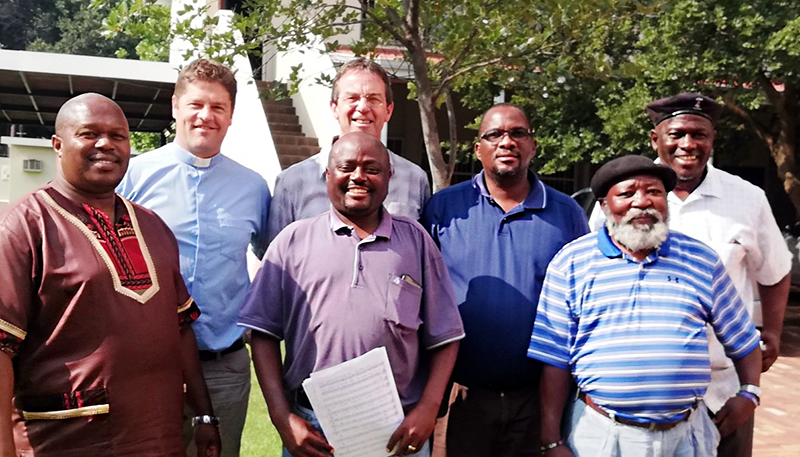
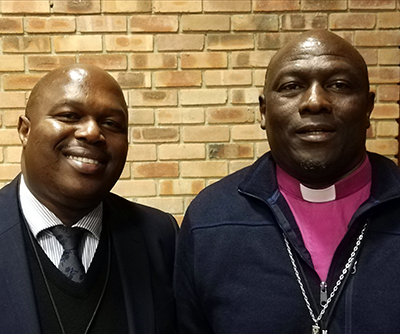
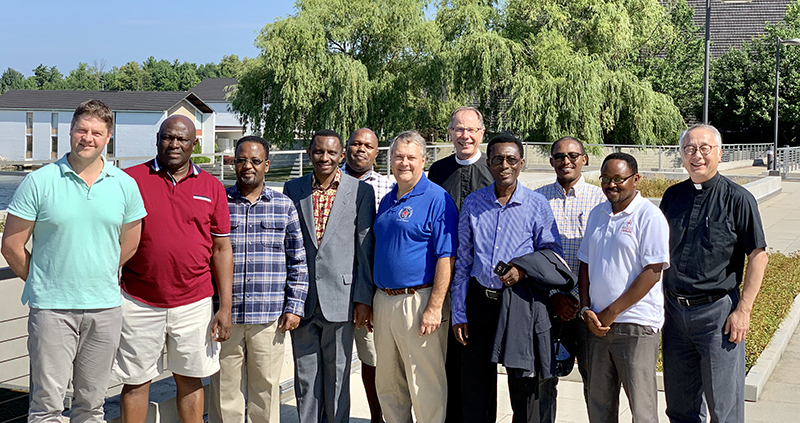
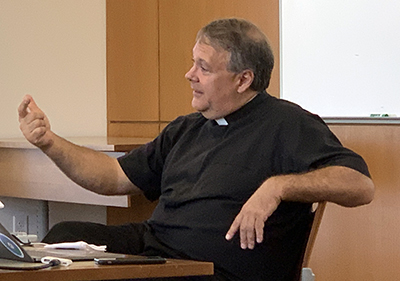
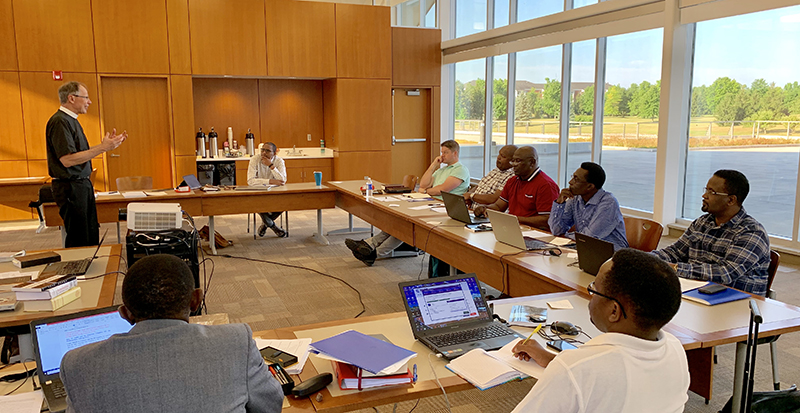
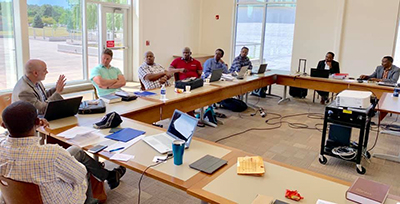
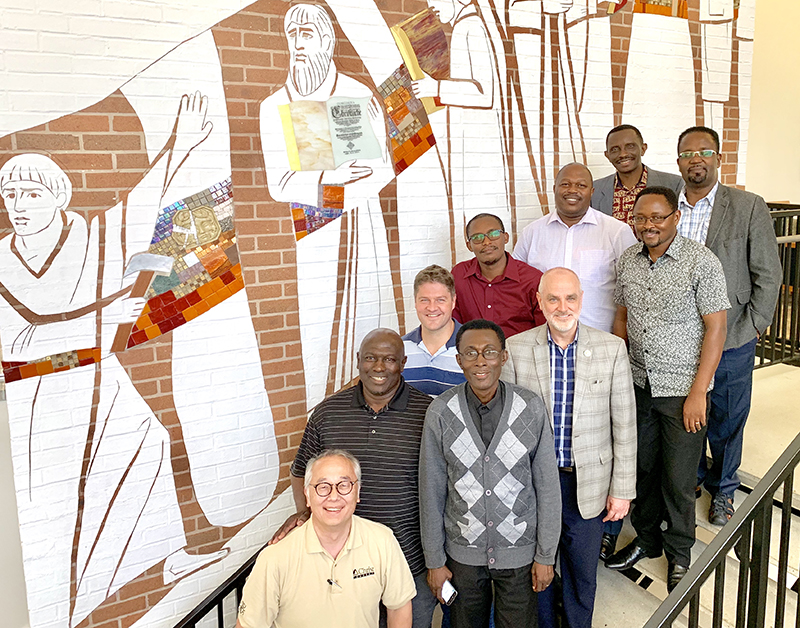
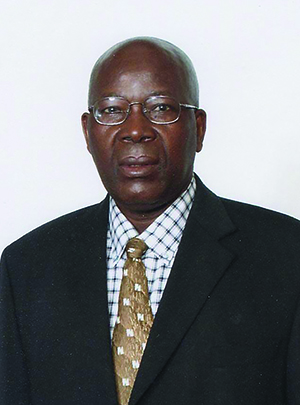
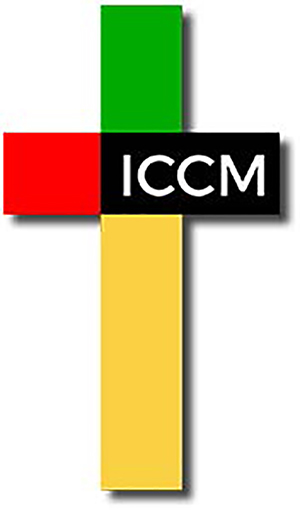 Rev. Alfazema returned to Canada for health reasons following his retirement, but the work they began continued. In 2018, the church which grew out of his mission work was officially recognized by the Mozambican government as the Concordia Christian Church in Mozambique (Igreja Cristã da Concórdia em Moçambique – ICCM). While the church was officially registered by the government in 2018, it had previously operated unofficially for several years under the name Concordia Lutheran Church in Mozambique (Igreja Luterana da Concórdia em Moçambique —federal requirements in Mozambique prevented the young church from registering with the word “Lutheran” in its legal name).
Rev. Alfazema returned to Canada for health reasons following his retirement, but the work they began continued. In 2018, the church which grew out of his mission work was officially recognized by the Mozambican government as the Concordia Christian Church in Mozambique (Igreja Cristã da Concórdia em Moçambique – ICCM). While the church was officially registered by the government in 2018, it had previously operated unofficially for several years under the name Concordia Lutheran Church in Mozambique (Igreja Luterana da Concórdia em Moçambique —federal requirements in Mozambique prevented the young church from registering with the word “Lutheran” in its legal name).